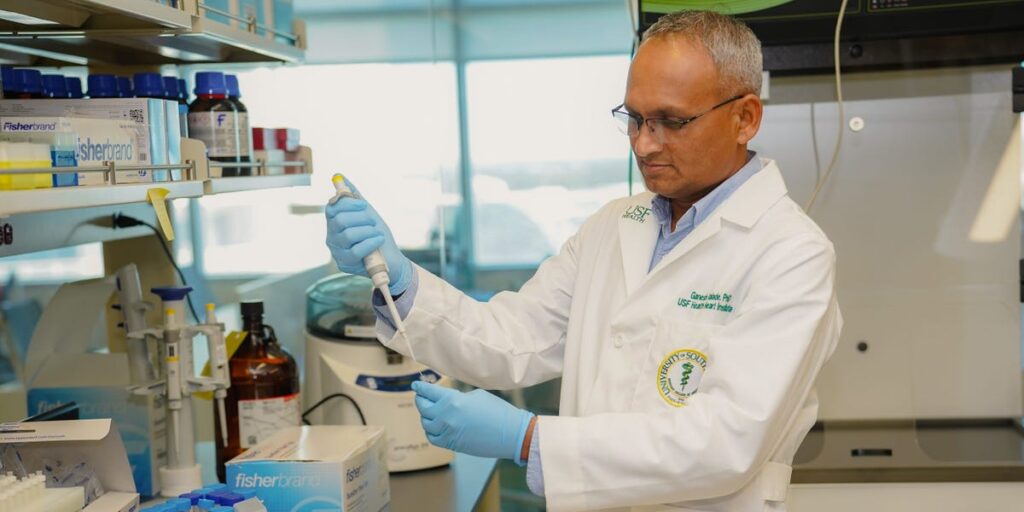As cases of colon cancer increase among younger individuals, researchers are uncovering the potential influence of certain foods on our cancer risk.
A team from the University of South Florida and the Tampa General Hospital Cancer Institute has been investigating bioactive lipids—compounds that can either elevate or reduce inflammation in the body. Their study, published last year, analyzed over 100 tumor samples from patients, revealing a higher prevalence of inflammation-related compounds compared to healthy tissues.
Previous research has associated increased inflammation with diets rich in ultra-processed foods, including chips, sausages, and sugary desserts. With processed foods increasingly dominating the American diet—now comprising more than half of what people consume, according to recent CDC data—a troubling rise in colon cancer cases among younger populations has been observed. This type of cancer has now become the second leading cause of cancer-related deaths in the U.S.
However, inflammation serves not only as a warning sign of bodily distress but also as a means to uncover methods for enhancing immune responses against diseases. By reducing inflammatory compounds and promoting healthy ones, researchers aim to slow or halt tumor growth.
For instance, the study indicated that tumors lacked molecules linked to healing and inflammation reduction. These beneficial molecules can be found in our diets, particularly in foods like leafy greens and omega-3-rich seafood. Increasing the intake of such gut-friendly foods while minimizing processed options may help maintain lower inflammation levels and enhance overall health.
Ganesh Halade, a professor at the University of South Florida Health Heart Institute and a coauthor of the study, explained, “If the molecules are coming from processed food products, they can disrupt the immune system and exacerbate chronic inflammation. Our bodies are designed to resolve inflammation through bioactive lipid compounds derived from healthy fats, like those found in avocados.”
While even those on a “clean” diet can develop cancer, understanding food’s role can equip us with better strategies to combat the disease.
Dr. Timothy Yeatman, a professor of surgery at the University of South Florida and senior author of the tumor study, described cancer as a “chronic wound that won’t heal.” He emphasized that a diet high in ultra-processed foods can hinder the body’s ability to combat tumors due to heightened inflammation.
Linking specific foods to inflammation opens doors for more effective disease-prevention strategies. The Tampa General Hospital Cancer Institute has initiated trials with a modified form of fish oil, showing promise in reducing inflammation.
Yeatman noted, “This has the potential to revolutionize cancer treatment, shifting the focus from pharmaceuticals to natural healing processes.” He continued, “It’s a crucial step in addressing chronic inflammation and preventing diseases before they arise.”
In the meantime, early detection remains one of the best ways to prevent cancer, achieved through routine screening. Focusing on a diet rich in whole, unprocessed foods—such as fruits, vegetables, legumes, lean proteins, and whole grains—continues to be the most effective approach for maintaining better health.


